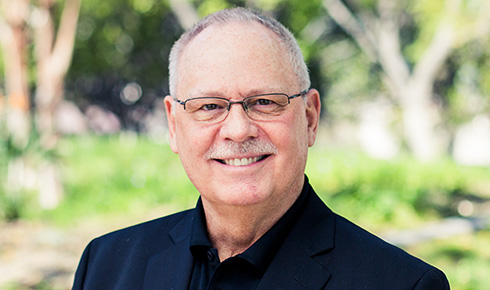
For most people, the terms “change” and “transition” are used interchangeably. However, the distinction between these two terms makes all the difference in a sustainable, transformational outcome.
Change is usually an event, something you can typically point to on your calendar. New job, lost job, bought a house, new baby or loss of a loved one. Sometimes we see them coming, but often they come unannounced and are forced upon us. The directed response to the COVID-19 pandemic is an illustration of what change looks like.
Transition, on the other hand, is the more nuanced process that we go through when faced with change. It is an inward journey where we move from the old to the new. It does not happen all at once, and the timeline, while having predictable phases, is shaped by our individual responsiveness. The key is that until one transitions from the old to the new, change will not happen.
The distinction between change and transition is key to sustainable change. Without it, we will flounder in our efforts, creating unnecessary confusion, hurt and problems for our lives and organizations.
William Bridges, in his book Transitions: Making Sense of Life’s Changes, states:
“Transition … is psychological; it is a three-phase process that people go through as they internalize and come to terms with the details of the new situation that the change brings about.”
Those three phases are: Ending, Exploring and Engaging. Ending is where you are losing something and learning to let go. It comes with a sense of loss and grieving. Exploring is where you are in that in-between period of letting go and picking up on something new. The old is gone but the new isn’t completely formed, so you are exploring how to make sense of this world you are living in and the new routines and skills you will need to move forward. Engaging is when we are moving out of that neutral zone into the change with a sense of new identity, new energy and purpose.
- Ending is letting go
- Exploring is looking for
- Engaging is living into
Transition is where you are focusing on the outcomes that change will produce. The starting point for transition is not the outcome but the ending you need to embrace to let go of the familiar. As Bridges writes: “Because transition is a process by which people unplug from an old world and plug into a new world, we can say that transition begins with an ending and finishes with a beginning.”
The distinction between change and transition is key to sustainable change. Without it, we will flounder in our efforts, creating unnecessary confusion, hurt and problems for our lives and organizations.


